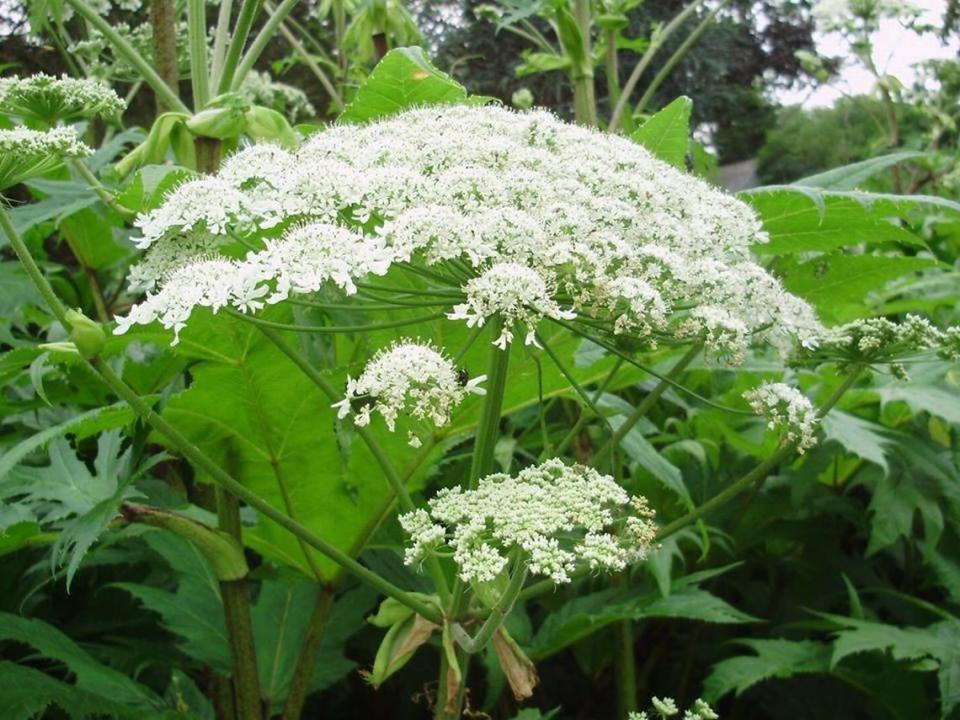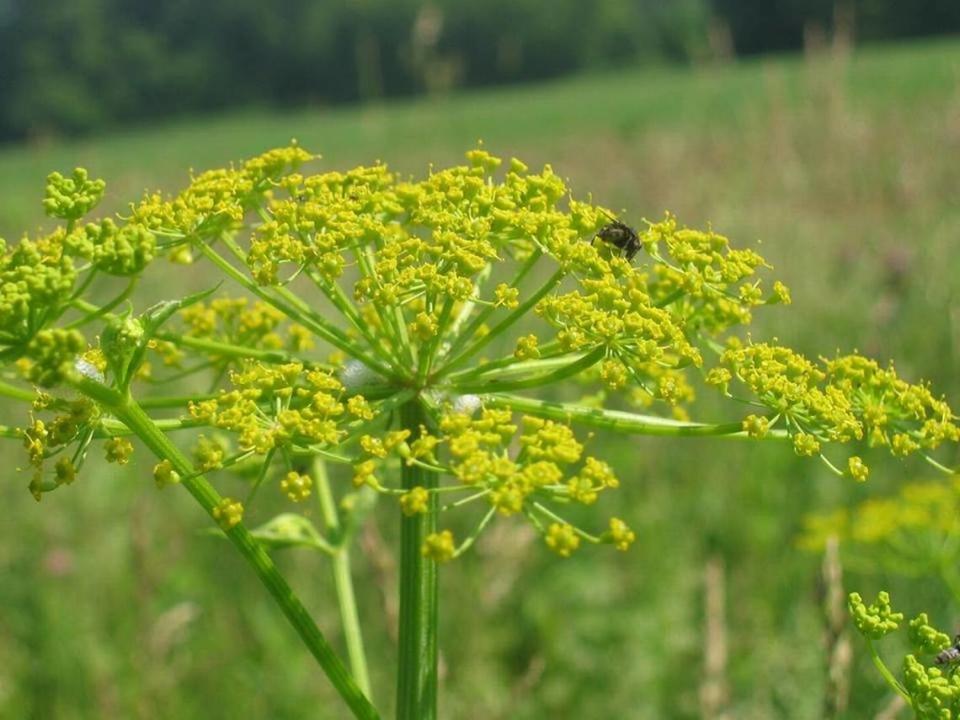‘Don’t touch these plants,’ officials warn. Their sap can burn and scar your skin
If you see these two invasive plants when you’re out and about, you should avoid them at all costs, experts say.
Touching either of them could leave you with burns and permanent scars.
Sap from giant hogweed and wild parsnip, when combined with moisture and sun, can cause skin irritation, burning and scarring, the New York State Department of Environmental Conservation said in a Facebook post Friday, July 8.
“Don’t touch these plants,” the department warned.
While both plants are common in New York, they can also be found in other states and regions this time of year, according to the DEC. Here’s what to know.
Giant hogweed
This “very large” plant with white flowers is “established in New England, the Mid-Atlantic Region and the Northwest,” according to the DEC.
It’s native to “the Caucasus Mountain region between the Black and Caspian Seas” but was brought to the United States as an “ornamental garden plant” in the early 20th century, the department said. It grows along rivers, streams and roads and in forests, fields and yards.
“As a rough guide, giant hogweed plants start growing in early spring, flower in June-July and set seed in August,” the department said.
The plant can grow up to 14 feet or taller, according to the DEC, and it has hollow stems that are between 2 and 4 inches wide with “dark reddish-purple blotches.” Its leaves can grow up to 5 feet wide and its flowers can grow up to 2.5 feet in diameter.

“Brushing against or breaking the plant releases sap that, combined with sunlight and moisture, can cause a severe burn within 24 to 48 hours,” the department said. “Giant hogweed is a Federally listed noxious weed and NYS law prohibits its possession with the intent to sell, import, purchase, transport, introduce or propagate.”
Those who spot giant hogweed should “keep a safe distance.”
If you touch it, immediately wash the area of your skin that came into contact with it with soap and water and don’t expose it to sunlight for 48 hours, the DEC said.
“This plant poses a serious health threat; see your physician if you think you have been burned by giant hogweed, the department said. “If you think you have giant hogweed on your property, do NOT touch it.”
Wild parsnip
Wild parsnip, with its yellow-green leaves, is native to Europe and Asia but is common in the northern United States, according to the DEC. It can also be found “from Vermont to California and south to Louisiana” but is not found in Alabama, Florida, Georgia, Hawaii or Mississippi.
It grows mostly along roads and in fields or pastures but “can be found growing in a broad range of habitats.”
The plant can grow up to 5 feet tall, the department said. Its stems are hollow, grooved and hairless and its leaves look like “large celery leaves” with between three and five leaflets. It has small yellow flowers that are “clustered together in a flat-topped array approximately 3-8 inches across.”

“Flowering usually occurs during the second year of growth, starting in May or June and lasting for 1-2 months,” the department said. “Seeds are flat, brown, and slightly winged to help with wind dispersal in the fall.”
Like giant hogweed, brushing against or breaking wild parsnip can release sap that, when combined with sunlight, can burn your skin within 24 to 48 hours, according to the department.
“This reaction, known as phytophotodermatitis, can also cause discoloration of the skin and increased sensitivity to sunlight that may last for years,” the department said.
If you touch the plant, the DEC says to wash the area with soap and water and keep it covered for at least 48 hours.
“If a reaction occurs, keep the affected area out of sunlight to prevent further burning or discoloration, and see a physician,” the department said.
Swarms of invasive pest found in North Carolina can disrupt outdoor events, state says
Odd balls appearing in Connecticut trees are actually alive. Here’s what will emerge
Invasive bug spreading across US could endanger California wine industry. What to know
109 live animals found in women’s suitcases at Bangkok airport, Thai officials say

